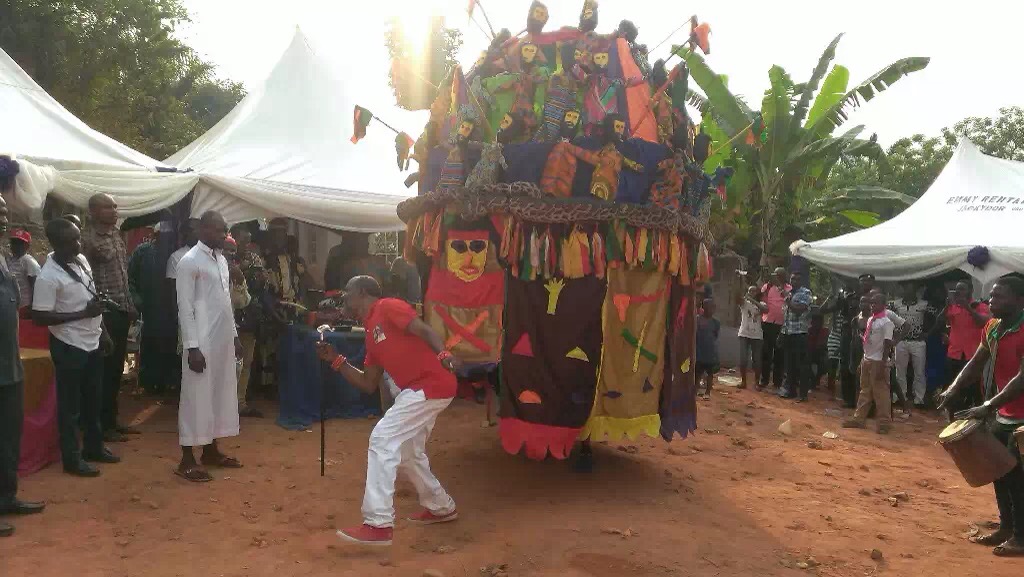In the southeastern part of Nigeria, the people of the Igbo ethnic group believe that, death is not an end to life but rather a transition into a new world. To the Igbos, funerals play a significant role in such a way that, it serves as a period to unite families in order to honour and remember the death of their loved ones. Among this tribe, death is traditionally a highly ritualized event filled with deep mourning.
The burial rites usually involves two funerals which are organised to transition the deceased from the living to the spiritual world. The reason for a second funeral is because, once it is completed, it guarantees the deceased's transition from "ita okazi," a time of suffering, to a state of peace and fulfillment.
Igbo funeral rites are mostly characterised by superabundant amount of money spent on farm animals, alcohol, entertaining guests and transporting the corpse to the burial site. When an elderly person passes away, their corpse are often scrubbed with camwood dye and placed on plantain leaves to mark it as sacred. After the cleaning, the body is laid out in the living room, with the feet facing the entrance. In the scenario where a deceased is a female, she is often seated upright.
In some cases, the eldest daughter of the deceased is allowed to take part in the 'ino uno akwa' rite. During the rites, she must consume the favorite food of the departed for a whole day and must take place in silence. By consuming the meals in silence, it ensures that her father has constant access to nutrition in the afterlife. Also, the wives of the deceased are required by tradition to shave their hair completely as a sign of grief.
Once the body has been prepared for its passage from the world of the living into the spirit world, a wake is held. The eldest son of the bereaved family welcomes the community into the home with kola nuts and palm wine. Prayers and libations are recited to bring ancestral spirits into the home of the deceased in order to escort their spirit. The wake usually lasts throughout the night. In the next morning, gunshots are fired to signal the village about the death of the deceased to end the wake.
After the wake takes place, the body is immediately buried in a grave dug in the living room alongside large quantity of cloth and some of the deceased's most valued possessions in life. For males, they are usually buried with their tools, gun or fishing gear, whereas the females are buried with their pots and dishes. The body is then placed in the grave by young men and encased in wooden planks.
Several months or even a year after the body is buried, a second funeral is held, but this time, it is accompanied by feasting and merry-making rather than mourning. The final funeral often occurs months or even years after the first, due to expense, and is more lavish and optimistic than previous events. It is known as ‘Ikwa Ozu’, which celebrates the dead’, and without it, it is believed that the deceased cannot take up their proper place among their ancestors.
After the second funeral, the deceased is said to have been sent off to take up a new place in the land of the dead. The second funeral signifies the deceased's transition from "ita okazi," a time of suffering, to a state of peace and fulfillment.
The funeral rites of the Igbo tribe provides insight into the complex interplay of life, death, and spirituality within diverse cultural contexts. These practices not only honour the deceased but also fortify social and familial structures, ensuring cultural continuity in the face of an ever-modernizing world.
Click on the link below to watch how a funeral is done by the Igbo Tribe of Nigeria.

